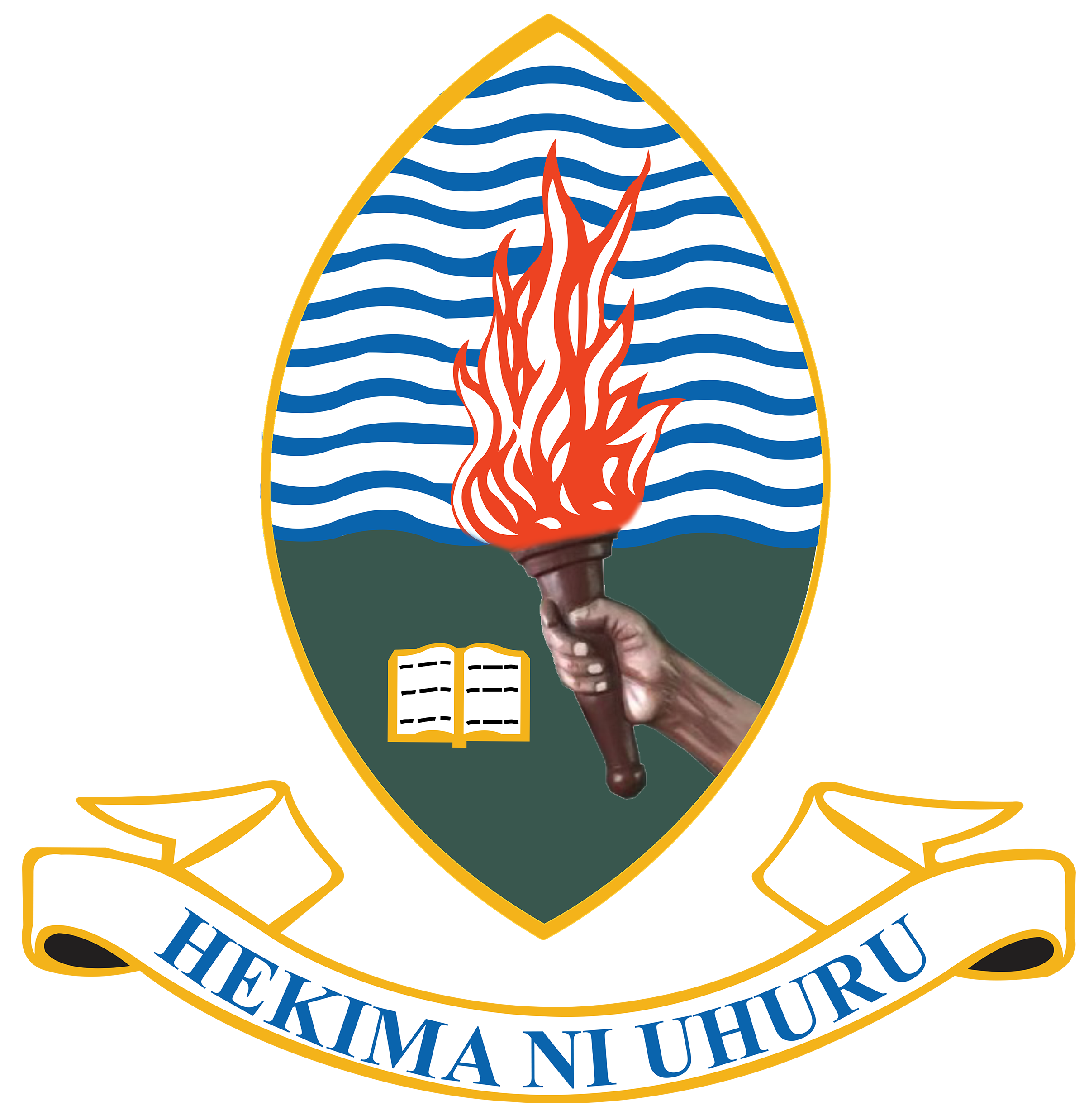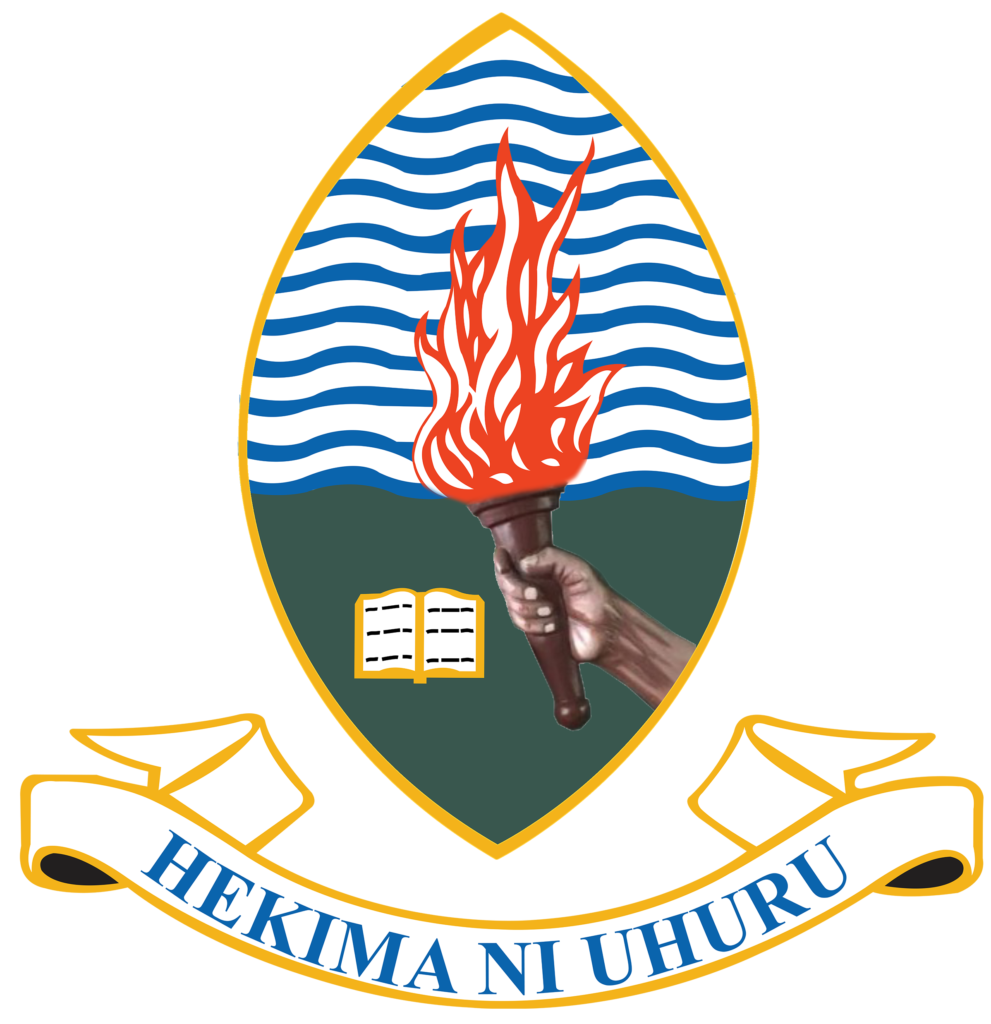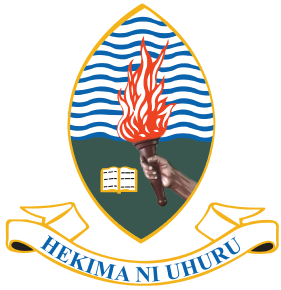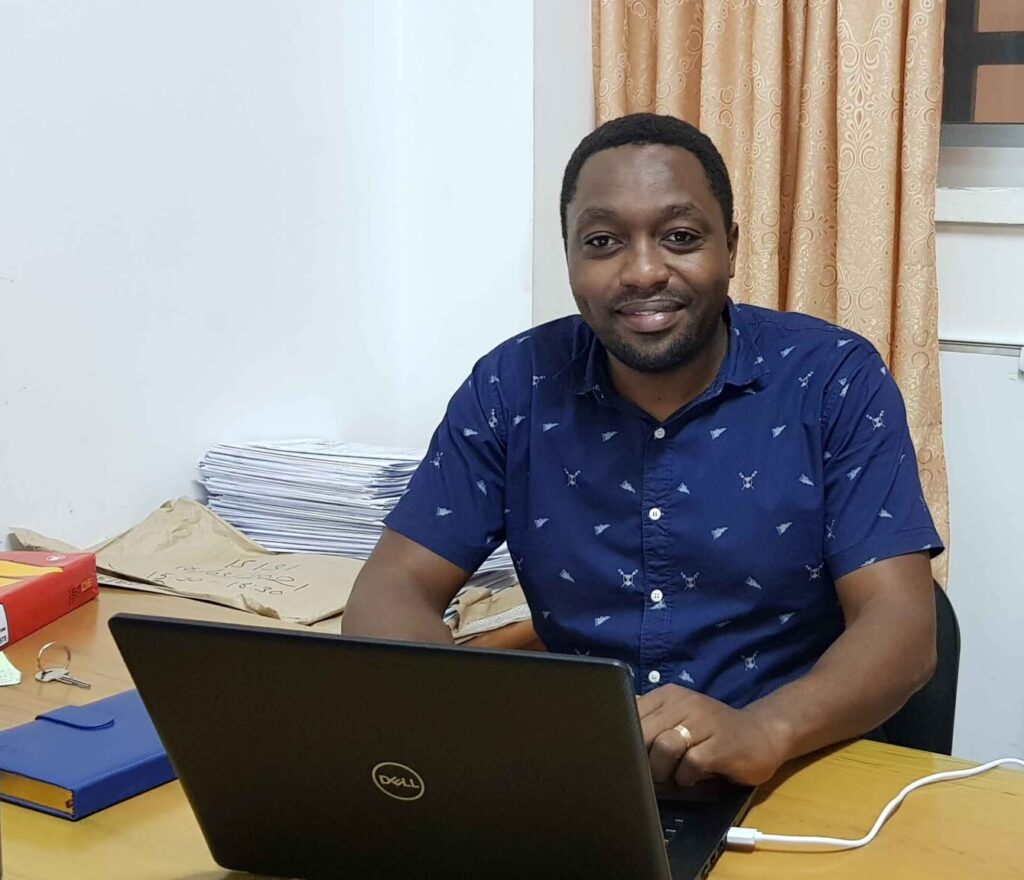Mr. Henry Kalisti is an Assistant Lecturer in the Department of Computer Science and Engineering at the University of Dar es Salaam (UDSM), where he has been a faculty member since 2010. He earned his Bachelor of Science in Computer Science from UDSM in 2009 and subsequently obtained a Master of Science in Computer Science from the University of Gothenburg, Sweden, in 2013. He is currently pursuing a PhD in Computer Science, with a research focus aligned with digital systems integration and software engineering.
His research interests encompass software engineering, information systems, requirements engineering, agile development processes (such as Scrum), and the interoperability of digital systems, particularly within the context of developing countries.
Beyond academia, Mr. Kalisti serves as the Deputy Administrator at the UDSM DHIS2 . In this capacity, he has consulted extensively on the design, development, and implementation of digital information systems across various sectors, including health, social welfare, and agriculture. His work often involves tailoring the DHIS2 platform to meet the specific needs of Tanzanian institutions.
Notably, Mr. Kalisti has led initiatives such as the integration of DHIS2 with laboratory diagnostic equipment, including the GeneXpert machine, to enhance tuberculosis (TB) case reporting and surveillance in Tanzania. This integration has improved the accuracy and timeliness of TB diagnostics and reporting.
Additionally, he played a pivotal role in developing the District Case Monitoring System (DCMS), a DHIS2-based tracker designed to manage child protection cases. This system, implemented in collaboration with the Ministry of Community Development, Gender, Women, and Special Groups and UNICEF Tanzania, has been rolled out across all 184 district councils in the country.
Mr. Kalisti’s contributions to digital health have been recognized internationally. He has presented his work at DHIS2 Annual Conferences, sharing insights on system integrations and the application of DHIS2 in non-health domains.
His publications include works on enhancing multi-sectoral nutrition information systems and integrating laboratory data with DHIS2, reflecting his commitment to improving data-driven decision-making in Tanzania’s public sectors.



